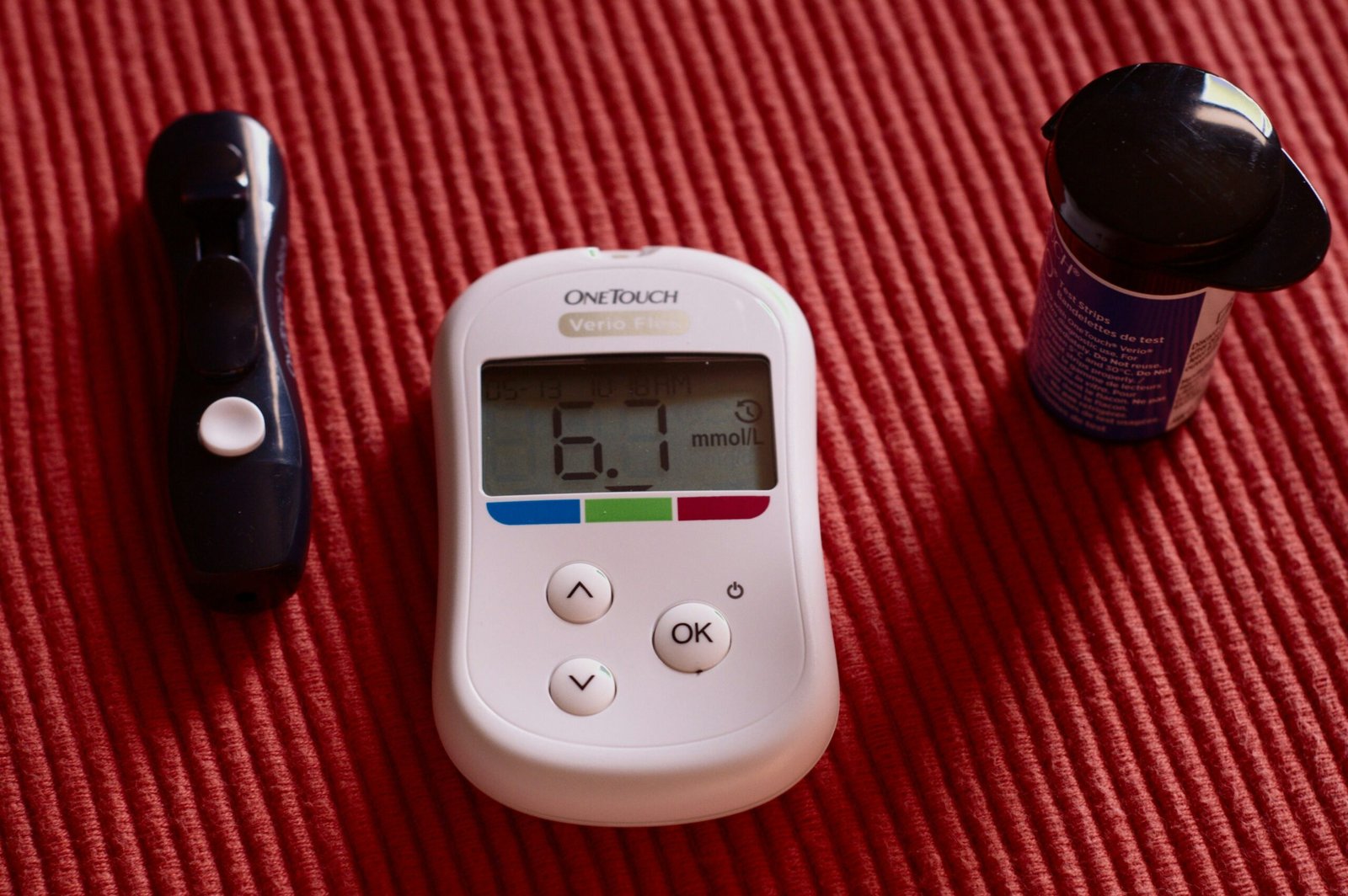10 Signs Your Blood Sugar is Too High

Signs Your Blood Sugar is Too High
Managing blood sugar levels is crucial for overall health, especially for individuals with diabetes or prediabetes. High blood sugar, also known as hyperglycemia, can have serious consequences if left untreated. Recognizing the signs of high blood sugar is essential for timely intervention and proper management. Here are ten common signs that your blood sugar may be too high:
1. Frequent Urination
One of the most noticeable signs of high blood sugar is increased urination. When blood sugar levels are elevated, the kidneys work harder to filter and remove the excess glucose from the body. This leads to increased urine production, causing more frequent trips to the bathroom.
2. Excessive Thirst
High blood sugar can cause dehydration, leading to excessive thirst. As the body tries to eliminate the excess sugar through urine, it also loses fluids, resulting in a constant feeling of thirst. If you find yourself constantly reaching for a glass of water, it may be a sign that your blood sugar levels are too high.
3. Fatigue and Weakness
When blood sugar levels are elevated, the body’s cells may not be able to effectively utilize glucose for energy. As a result, you may experience persistent fatigue and weakness. This lack of energy can make it difficult to perform daily tasks and can significantly impact your overall quality of life.
4. Increased Hunger
High blood sugar levels can disrupt the body’s natural hunger and satiety signals, leading to increased appetite. Despite consuming regular meals, individuals with high blood sugar may still feel hungry shortly after eating. This constant hunger can contribute to weight gain and difficulty in managing blood sugar levels.
5. Unexplained Weight Loss
While weight gain is often associated with high blood sugar, unexplained weight loss can also be a sign of elevated blood sugar levels. When the body cannot effectively utilize glucose for energy, it turns to alternative fuel sources, such as fat and muscle. This can result in unintentional weight loss, even with a regular or increased appetite.
6. Blurred Vision
Elevated blood sugar levels can affect the fluid balance in the eyes, leading to blurred vision. This can make it difficult to focus and may cause eyestrain or difficulty reading. If you notice sudden changes in your vision, it is essential to monitor your blood sugar levels and consult with a healthcare professional.
7. Slow Healing of Wounds
High blood sugar can impair the body’s ability to heal wounds. Elevated glucose levels can cause damage to blood vessels and nerves, leading to poor circulation and delayed healing. If you notice that cuts or sores are taking longer to heal than usual, it may be a sign that your blood sugar levels are too high.
8. Recurrent Infections
Individuals with high blood sugar levels are more susceptible to infections, as elevated glucose levels can weaken the immune system. Common infections that may occur include urinary tract infections, yeast infections, and skin infections. If you experience frequent or recurrent infections, it is important to have your blood sugar levels checked.
9. Numbness or Tingling in Extremities
High blood sugar can cause nerve damage, leading to numbness or tingling sensations, especially in the hands and feet. This condition, known as diabetic neuropathy, can significantly impact your daily activities and quality of life. If you experience persistent numbness or tingling, it is crucial to seek medical attention.
10. Mood Changes
Elevated blood sugar levels can affect brain function and contribute to mood swings and irritability. Fluctuating blood sugar levels can impact neurotransmitter activity, leading to changes in mood and emotions. If you notice unexplained mood changes, it is important to monitor your blood sugar levels and consult with a healthcare professional.
If you experience any of these signs or symptoms, it is important to monitor your blood sugar levels and consult with a healthcare professional for proper diagnosis and management. Maintaining stable blood sugar levels is crucial for overall health and well-being, especially for individuals with diabetes or prediabetes.

Comments